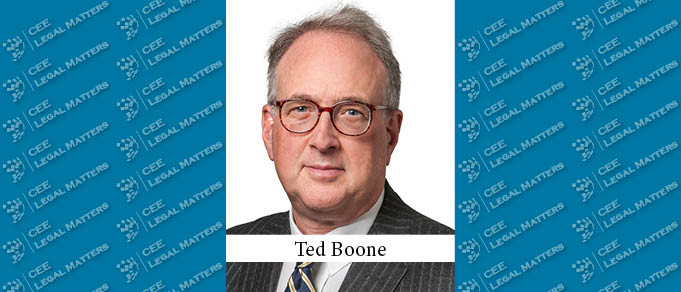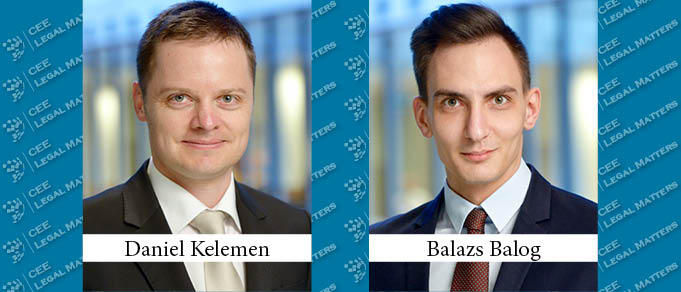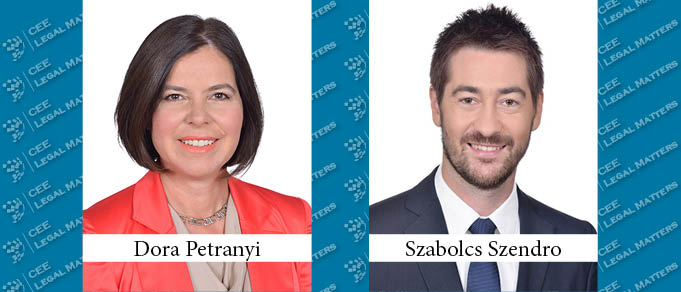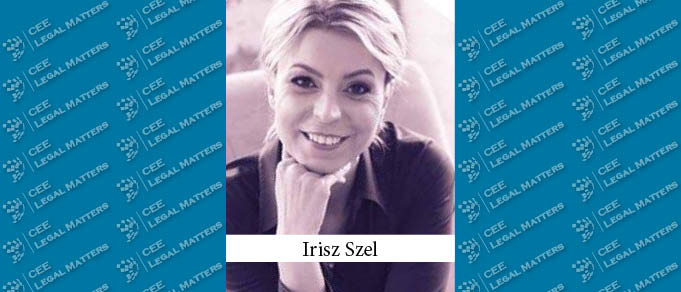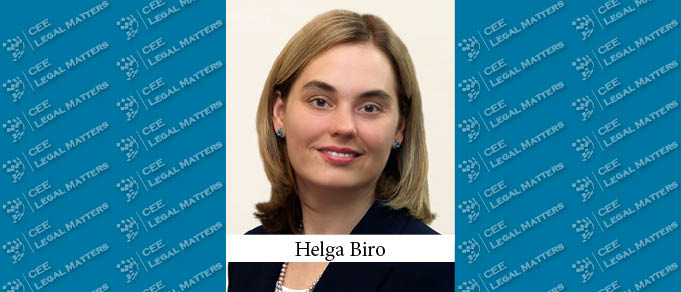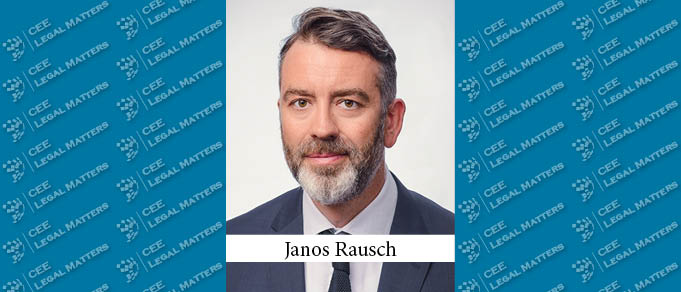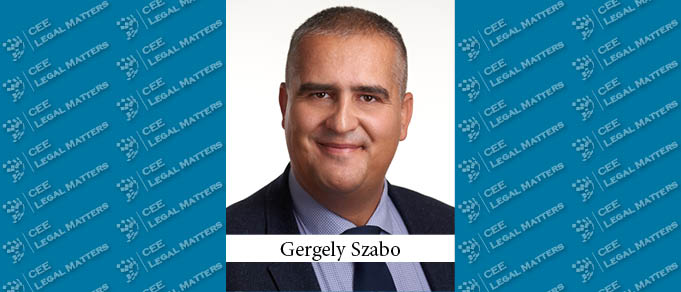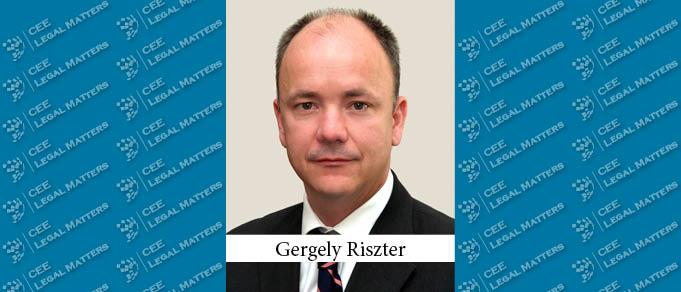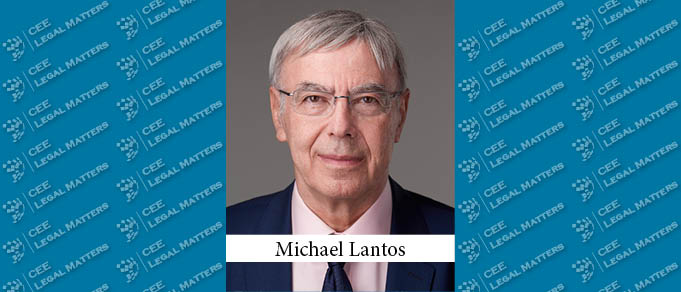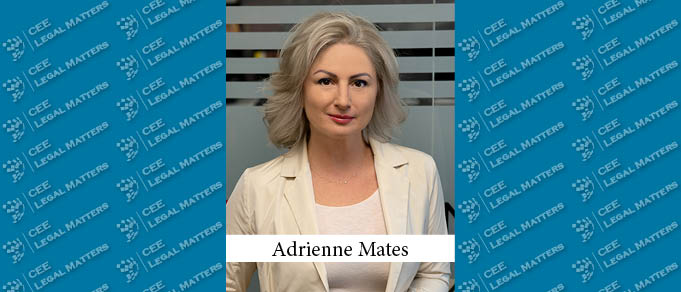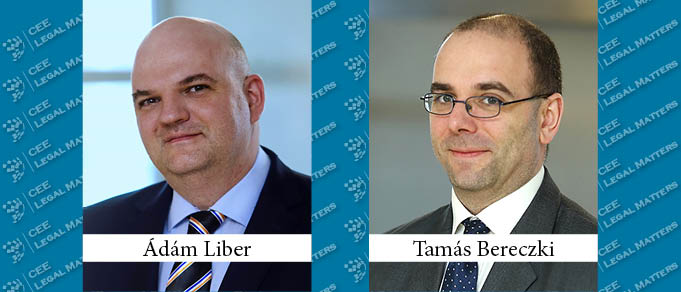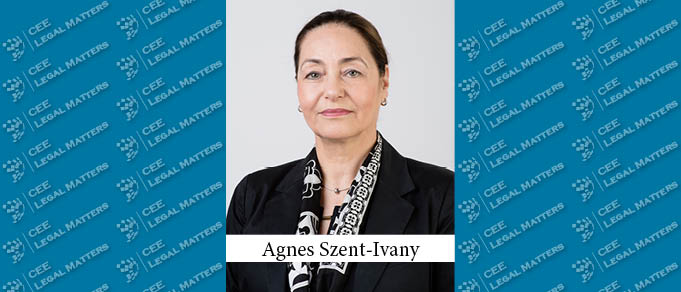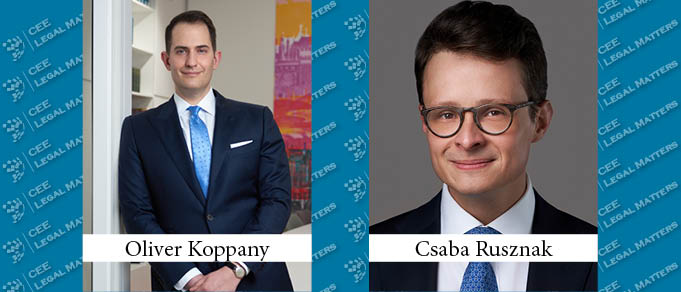An interview with Ted Boone of Dentons, about his path to Hungary.
Challenging of Judicial Review in Tax Disputes
Procedural rules that have entered into force in recent years have fundamentally changed litigation in Hungary. This is especially true for tax litigation.
Snapshot of the Hungarian Renewable Energy Sector
Facilitated by strong government support, a consolidated tendering practice, and the growing interest of both domestic and international investors, solar power is driving Hungary’s renewables market to new heights.
Life of Loans During and After COVID-19
In response to the COVID-19 outbreak, the Hungarian government launched Government Decree 47/2020 (III. 18.), introducing a moratorium on the payment of principal, interest, and fees arising from facility, loan, and financial lease contracts until December 31, 2020. This moratorium, which we will call the “2020 Payment Moratorium,” was automatically available to both natural person and business entity borrowers, although they could opt out of if they wished.
New Era to Control Digital Platforms? Regulation vs Enforcing Existing Laws
The current backbone of the EU’s e-Commerce Directive was adopted 20 years ago. Since then, the landscape of the digital economy has changed significantly, as most online platforms in use today did not exist in 2000. As a result, many digital experts claim that competition enforcers have failed to tackle some of the specific challenges created by the new digital platforms.
Inside Insight: Interview with Irisz Szel, Legal Director of CEU
Interview with Irisz Szel, Legal Director of CEU about her background and best practices.
New Case Law Sheds Light on Requirements Regarding Promotional Activities of Pharmaceutical Companies in Hungary
Recently published case law from Hungary’s National Institute of Pharmacy and Nutrition – the Hungarian acronym is OGYEI – deals with various aspects of pharmaceutical promotional activities and interactions with health care providers. The OGYEI investigated the commercial practices of Aramis Pharma Kft., Lilly Hungaria Kft., and Sager Pharma Kft., and imposed fines following the discovery of infringements.
Reshaping of the Mobile Telephony Landscape in Hungary (Looking Back at 2020)
Almost a year ago, in March 2020, the Hungarian regulator – the NMHH – announced that 5G frequency licenses had been auctioned for a term of 15 years with a 5-year extension option to Magyar Telekom, Vodafone, and Telenor (a fourth operator, Digi, did not acquire a 5G license). These three operators spent a total of HUF 125.8 billion on these 5G licenses, enabling them to provide next generation mobile broadband services. Vodafone started 5G services in downtown Budapest in 2019 on previously-acquired frequencies, using the newly acquired frequencies to improve coverage in other cities and certain rural areas. The 5G services – as well as related applications and technology products – are expected to fundamentally change the industry, as demand for broadband services has increased exponentially due the widespread introduction of home office due to the COVID-19 pandemic.
Parallel FDI Screening Regimes in Hungary: Making M&A Transactions Complex
The original foreign direct investment screening regime was adopted in Hungary pursuant to Regulation (EU) 2019/452 of the European Parliament and of the Council and became effective on January 1, 2019. Instead of amending the original regime, a new parallel FDI screening regime was introduced in late May 2020 to protect Hungarian strategic sectors during the COVID-19 period. This second regime was fine-tuned in the middle of June, 2020 and then again at the end of October, 2020. The notification obligation under the second regime is applicable to relevant transactions made before June 30, 2021.
2021 to Further Digitalize Tax Authority Interactions with Hungarian VAT Taxpayers
Reflecting the Hungarian tax administration’s nature as a pioneer in innovative tax administration measures, 2021 brings significant eVAT developments in Hungary.
Intellectual Property News from Hungary
This report has the purpose of shedding light on the most important developments in the field of obtaining and enforcing Intellectual Property rights in Hungary in 2020.
Restriction of Personal Rights in Employment Relations
Social media has become a phenomenon, representing our extroverted life, and thus a critical part of our work environment.
Hungary – Still an Attractive Place for Investors and Startup Founders
In accordance with worldwide trends, Hungarian public markets are not showing the signs of exponential growth that private markets are. The legislative environment for public listings has not changed significantly in Hungary since 2019, when Act CXX of 2001 on the Capital Market was heavily amended in order to be fully harmonized with the European Union’s Prospectus Regulation (2017/1129 EU). That modification made public issuances easier, as it dispensed with the requirement that prospectuses must be prepared for listings of securities with unit values of at least EUR 100,000.
Consumer Protection in the Digital Space – Recent Developments and Flagship Cases
Emerging new tendencies in economic activities have reached Hungary in the last few years. The most important driving force behind this change is the shifting of consumption into the online space, which inevitably entails a change in market structure. As a result, new products that are exclusively or partially available online have appeared, the geographical coverage of products has widened, and other services related to online consumption have become increasingly important. Social media, influencer marketing, and targeted advertisements all contribute to the popularity of the new market as well. Hungarian consumers are now able to fulfil a significant portion of their product and service needs through e-commerce channels. With the COVID-19 pandemic continuing to push economic activities online, the role of digital distribution channels has increased even more.
In Focus: Pandemic-Driven Digitalization, Data Breaches, and International Data Transfers
This past year brought significant privacy-related regulatory challenges to business operations. The pandemic situation and lockdown, the ever-rising number of data breaches, the invalidation of the EU-US Privacy Shield, and the challenges arising from the uncertainties of BREXIT have all tested compliance departments to the full.
The Implications of the COVID-19 Crisis for Litigation in Hungary
As the world continues to fight the challenges presented by COVID-19, some guidance on the effects on litigation of the COVID-19 crisis can be discerned from the past year. We know that some sectors have suffered more than others, and participants in industries most affected by COVID-19, like airlines, HORECA, tourism, entertainment, and the commercial real estate sector have already become involved in related legal disputes, such as contractual disputes concerning supply chain disruptions. The big question is whether the pandemic qualifies as a force majeure or a material adverse change that could allow the contracting parties to walk away.
Guest Editorial: Change is Also Changing
A look back at more than 30 years in the legal profession, through changing political and economic systems, legal environments, and expectations towards lawyers, and changing ways and platforms of communication.
Preparing for Change: Oliver Koppany and Csaba Rusznak Step in at KNP Law
On February 8, 2021, CEE Legal Matters reported that Oliver Koppany and Csaba Rusznak had joined KNP Law Nagy-Koppany Lencs & Partners in Budapest. Rusznak will lead the firm’s Dispute Resolution Practice Group, while Koppany, who joined as Foreign Legal Counsel, is preparing to take over the management of the firm from his mother, KNP Law Founder and Managing Partner Kornelia Nagy-Koppany. We spoke with Koppany and Rusznak to learn more about their background and plans for the future.

